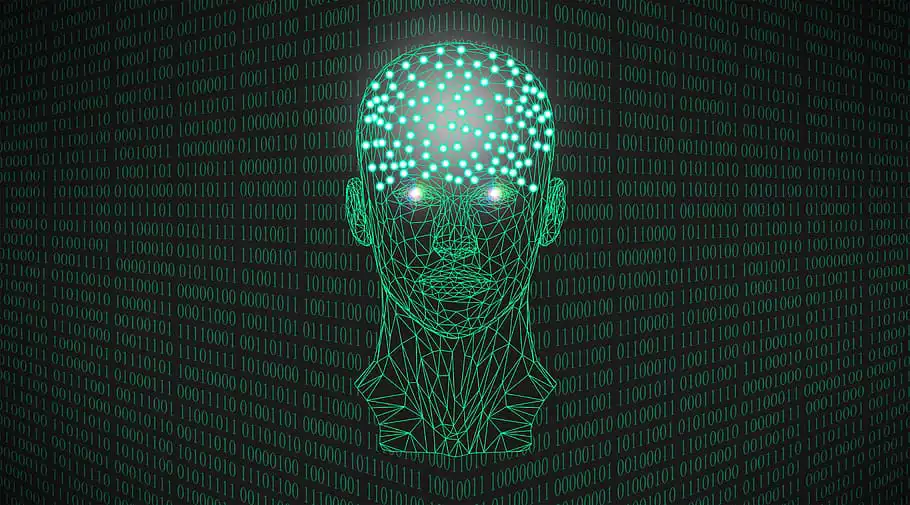Artificial Intelligence (AI) has created significant impacts on various aspects of life. Its rapid evolution and advanced applications raise complex issues and speculations, particularly on its long-term implications. The co-founder of DeepMind, Mustafa Suleyman, shares his view on the future of AI and its potential consequences for the workforce, positioning AI as a long-term labor-replacing tool.
In the past, technological advancements have been met with skepticism and fear of job displacement. The advent of AI marks the latest point of contention in this ongoing conversation. Despite this, Suleyman maintains that AI should be seen as a productivity-enhancing tool rather than a threat to job security.
AI’s potential lies in its ability to perform and automate a vast array of tasks. This increased efficiency has applications across varied fields, from data analysis to healthcare. In these sectors, AI can help to streamline processes, improve precision, and ultimately enhance productivity, asserts Suleyman.

However, the co-founder of Deepmind also highlights the flip side of this argument. He posits that as AI continues to develop and increase in complexity, it could potentially replace human labor over the long term. In this view, AI is seen as a tool both for enhancing productivity and reducing the need for human involvement in various tasks.
Suleyman further explains that AI’s potential for labor replacement doesn’t necessarily signify a decrease in overall job opportunities. Instead, it implies a shift in the types of jobs available. This shift reflects the technological advancements of society, typical of other innovations in the past.
To illustrate this point, he points to the changes that occurred during the Industrial Revolution. Then, new technologies radically changed the economic landscape and the nature of work. While some roles were indeed lost, overall, the revolution led to the creation of new jobs and industries.
He further draws parallels between AI and past innovations like the typewriter, which, when introduced, led to fears of job loss. Instead, the device ushered in new career fields, like secretarial work. The DeepMind co-founder believes that the AI revolution will bring about similar adjustments, wiping out certain roles but concurrently generating new opportunities.
However, Suleyman doesn’t downplay the potential disruptions that AI could cause. Addressing such concerns, he suggests that governments and business leaders have a crucial role to play. They must be proactive in ensuring that society is prepared for these forthcoming changes.
This preparation includes the implementation of robust education and training programs. These should be geared towards equipping individuals with the necessary skills and adaptability to navigate the evolving job market. In essence, Suleyman propounds that mere acceptance of the forthcoming changes is insufficient. Adequate preparation for them is key.
Furthermore, Suleyman echoes calls for regulatory measures around AI. He highlights the importance of having norms and standards that guide AI development and uses to curtail misuse and promote ethical application of the technology.
The co-founder of DeepMind also emphasizes the importance of collaboration in addressing AI-related challenges. He suggests that governments, businesses, and technological pioneers must work together to guard against the potential risks of AI and secure its benefits.
Suleyman’s perspective on AI is both futuristic and grounded. His predictions provide valuable insights into AI’s potential implications on jobs and the economy. They challenge the existing narrative and encourage a broader discussion on the subject.
For those concerned about the impact of AI on job security, Suleyman offers a different perspective. While acknowledging the potential for job displacement, he contends that AI will likely create as many jobs as it replaces, provided that society is adequately prepared.
This perspective underscores the necessity for proactive policies and initiatives that prepare individuals for the job market of the future. It is only with this preparation that societies can fully leverage the positives of AI while mitigating the negatives.
From this standpoint, it is clear that AI is more than just a technological development. It represents a significant shift in the economic landscape, mirroring past revolutions brought about by innovations such as the Industrial Revolution.
In conclusion, AI holds much potential. While it is indeed a potent tool for enhancing productivity and possibly replacing human labor over the long term, it is not a one-dimensional entity. It is a transformative force, one that can significantly influence the future of work. Society’s challenge lies in harnessing this potential positively, proactively preparing for the transformation, and setting up measures to mitigate possible disruptions.